A legal foundation for a carbon-neutral future
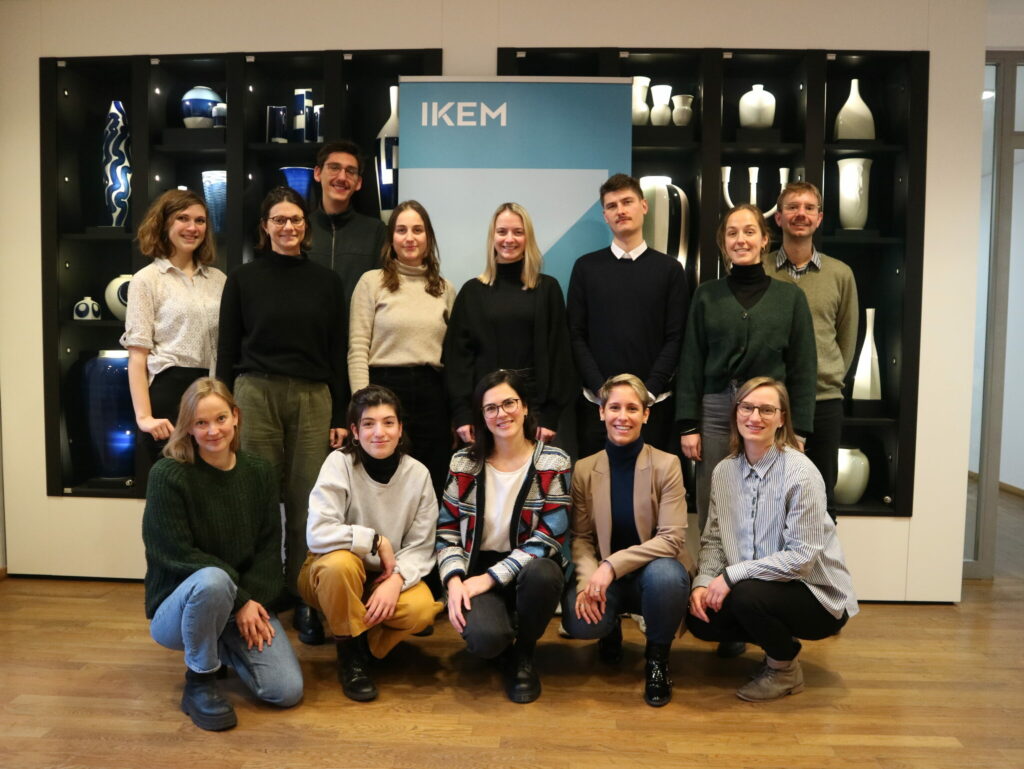
Flexible, decentralised energy production can reduce emissions and put more power in the hands of consumers – if the right laws and regulations are in place. Judith Schäfer, head of IKEM’s Energy Law Department, explains the specific role of energy law in the fight against climate change. Schäfer also shares her vision of the energy […]
‘People were afraid that COP27 would come to symbolise the failure of multilateralism’

Dr. Greta Reeh, head of IKEM’s Research Academy, was a member of the IKEM delegation at COP27 in Egypt. In this interview, she shares her impressions of the event. Hello, Greta! You were in Sharm El-Sheikh during the second week of negotiations. What was the atmosphere like on the ground? Dr. Greta Reeh: What you […]
‘We need more public pressure on international climate policy’
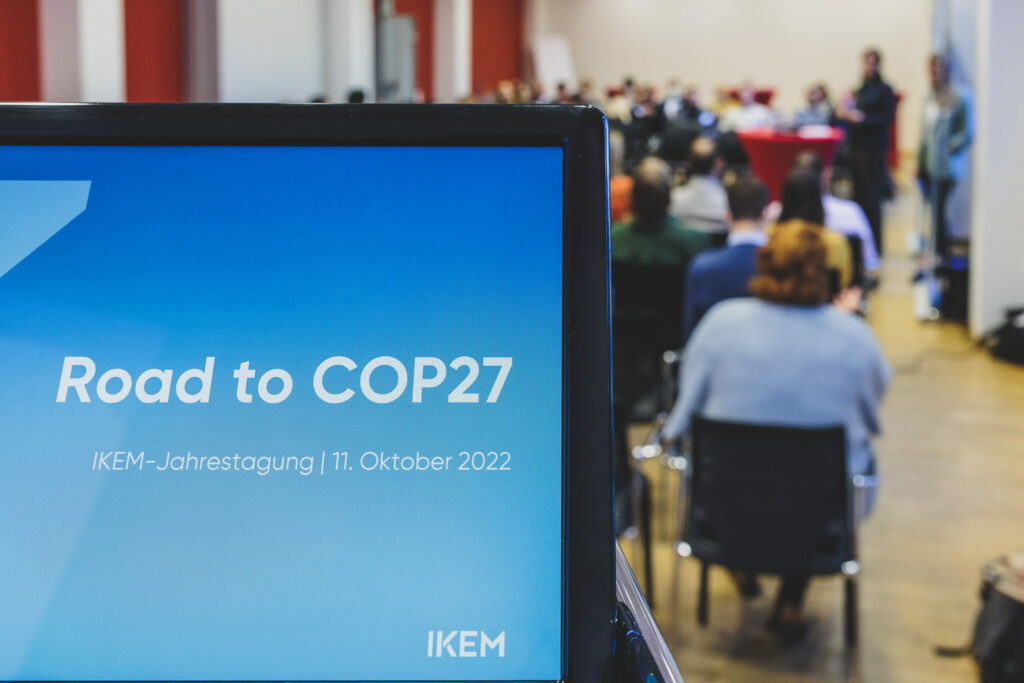
IKEM’s annual conference, held on 11 October, focused on the global dimensions of climate law and policy. The event was titled ‘The Road to COP27: Advancing Global Climate Action’. Conference speakers included Dr Kathleen Pauleweit, LLM, and Dr Michael Kalis, who are senior researchers at IKEM. We spoke with Pauleweit and Kalis about their research […]
‘Water is becoming an endangered good’

IKEM signed a collaboration agreement on 14 September with the University Institute of Water Research and Environmental Sciences (IUACA) of the University of Alicante, Spain. The collaboration offers an opportunity for IKEM to extend its work on water-related challenges, building on its existing research on nature-based solutions. Mariana Moreno Kuhnke, who earned a master’s degree […]
Two of EQT’s creators share what inspires them most about the toolkit – and what they hope it will achieve

Bernd Riedel As the Head of Strategy and Design at Ellery Studio, Bernd Riedel played a key role in spearheading EQT. He also served as the creative director for The Infographic Energy Transition Coloring Book – another collaborative project by IKEM and Ellery – which was published in 2017. Like the colouring book, which presents […]
Three European cities lead the charge for electric mobility

The MEISTER project was designed to improve the conditions for ‘smart e-mobility’ in three major European cities. Maxim Blankschein, a senior research associate in the Mobility Department, managed the project at IKEM. He spoke with us about why the cities were interesting to research and what he learned from the MEISTER project. IKEM: There’s a […]
A shared commitment to the energy transition
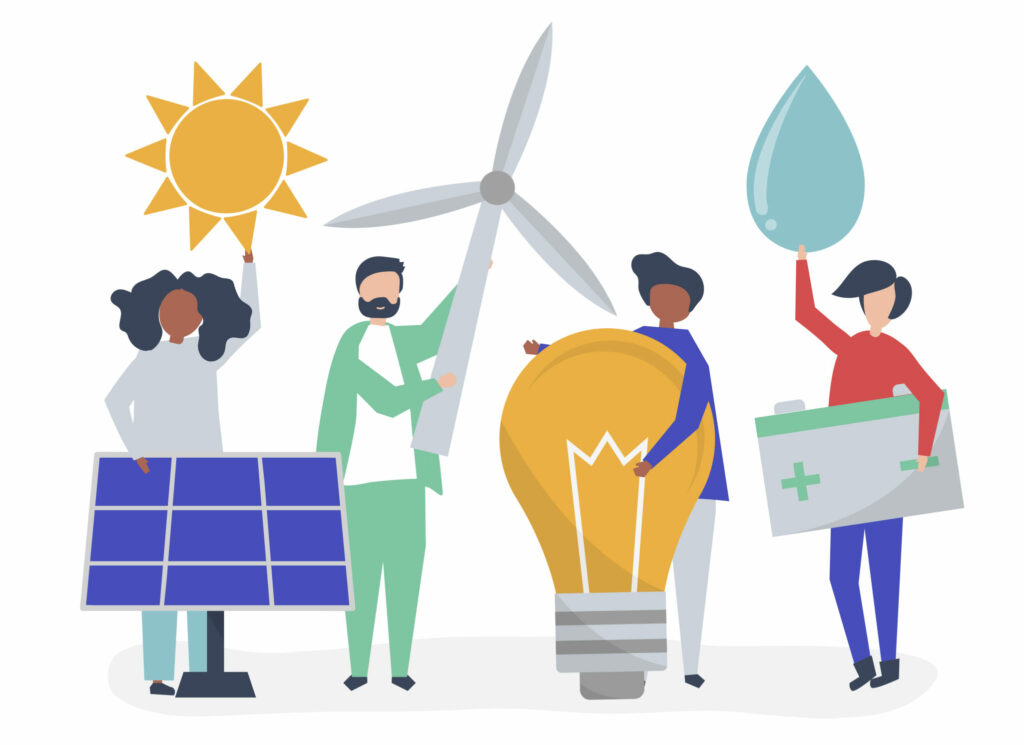
Since 2014, IKEM has collaborated with the Brandenburg-based energy provider ENERTRAG on a range of topics – from the expansion of renewable energies to the development of new concepts for community and citizen participation. After eight years of close cooperation on energy transition projects, the organisations still have ambitious plans for the future. The collaboration […]
‘What makes IKEM really strong is our emphasis on social empowerment’

In the 12 years since its founding, IKEM has evolved from a start-up aimed at filling a gap in legal research to an international and interdisciplinary research institute – and UN-recognised NGO – that drives climate change mitigation and the energy transition in a variety of ways. Despite all the changes, in certain respects the […]
From theory to practice: Chibuikem’s story
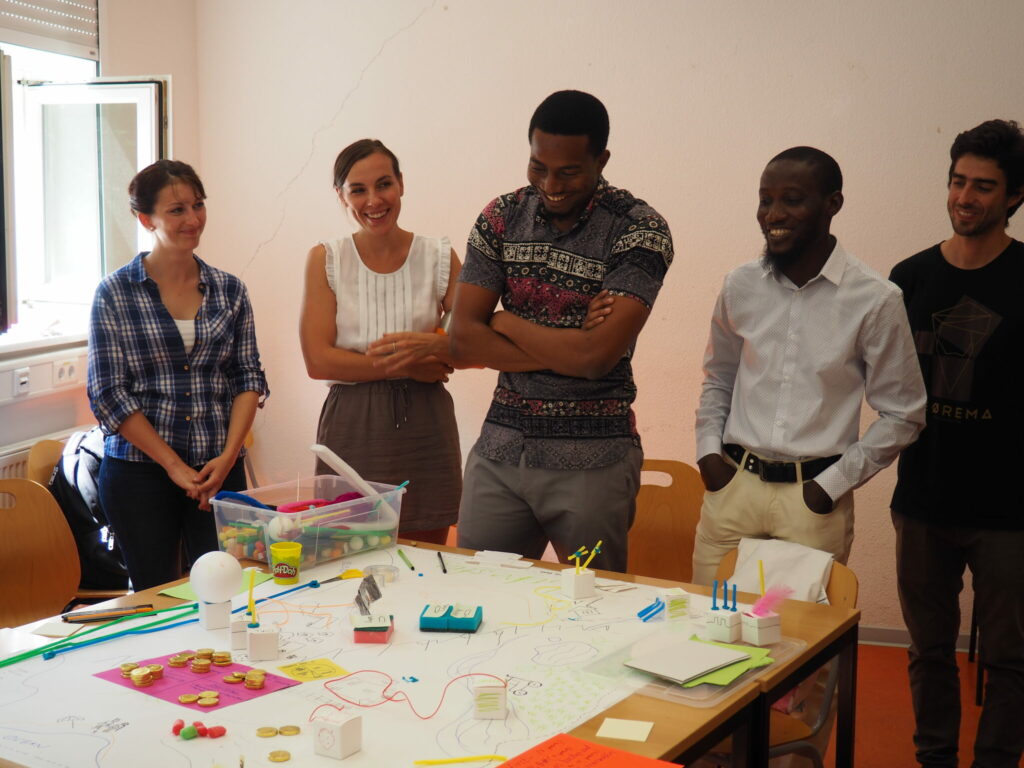
In 2017, Chibuikem Agbaegbu participated in IKEM Academy for the first time. The interdisciplinary exchange and discussions of innovative solutions at the Academy so inspired the renewable energy expert that he returned in 2018. The following summer, he came back to the Academy – this time, as a speaker. In his presentation to Academy participants, Chibuikem drew on his experiences in Nigeria […]
At COP26, IKEM urges action on urban sustainability
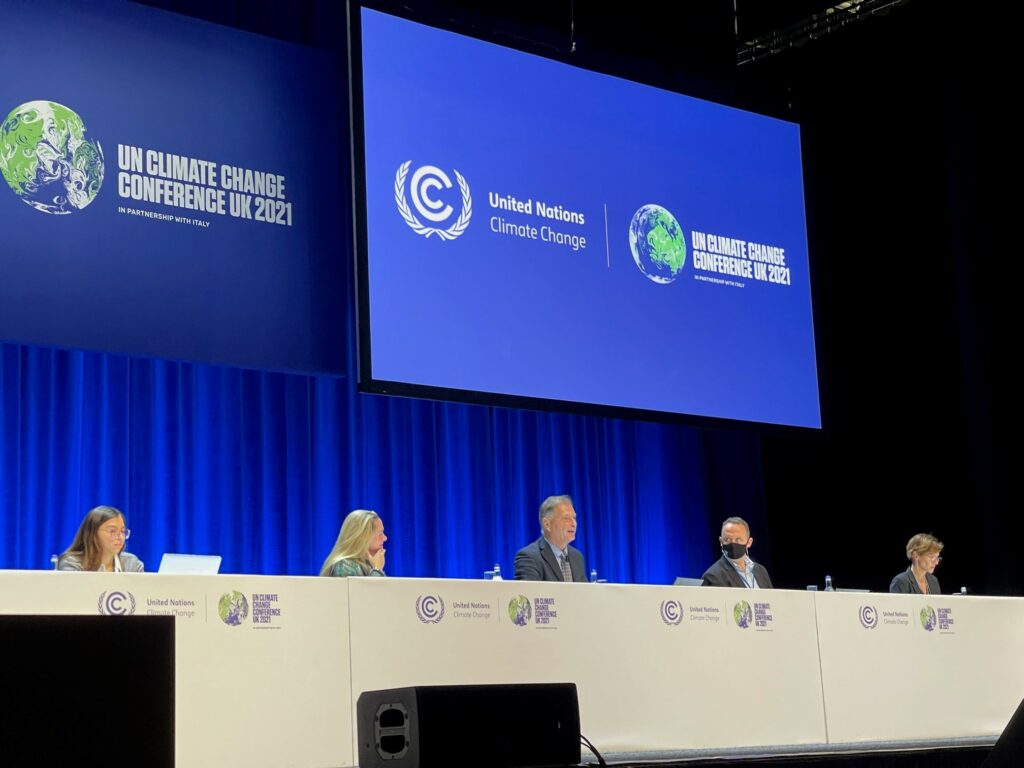
Fighting climate change requires a coordinated, all-hands-on-deck approach. This calls on all stakeholders to recognise shared interests, pursue shared goals and manage shared risks. The goal of COP26 was to chart this kind of collective path forward. At COP, IKEM joined delegates from nearly 200 other countries to create a common vision for the systemic […]


